There are plenty of instances where games expand far beyond the developer’s initial ideas for the title, whether that be a single mechanic becoming the main focus of the game, or DLC becoming an entirely new experience. Street Fighter 6 experienced a similar evolution with the Battle Hub, which saw Capcom’s approach to handling online content shifting closer to a modern live service model.
According to SF6’s producer Shuhei Matsumoto and director Takayuki Nakayama, the game’s online hub took on a life of its own as the team continued adding content throughout development until it couldn’t be contained within their original plans.
“It was unintentional because our goal wasn’t to make Street Fighter 6 this live service operation, but gradually we started including things and that eventually made the Battle Hub a really strong platform for that type of experience,” Matsumoto told Dot Esports.
That change led to the team taking a different approach to the final product too, flipping their perspective to focus on turning the Battle Hub into a place where players and entire communities could gather to do more than just fight.
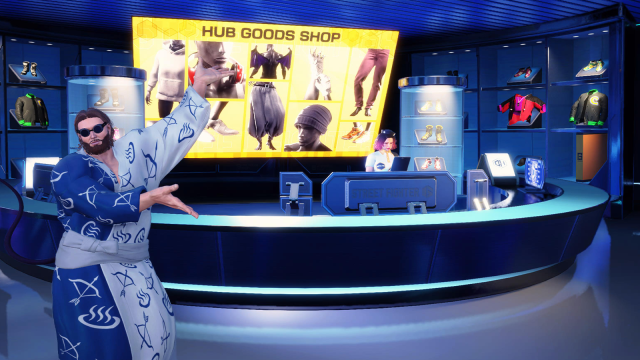
Originally, the Battle Hub was supposed to be a bit more “bare bones,” with the three core features being avatar battles, fighting other players using arcade cabinets, and the ability to play classic Capcom titles on arcade machines. But as development continued, the team thought of even more ideas they agreed were simply too good not to implement.
Nakayama mentioned that it all started when someone said: “What if there’s a giant monitor people can watch matches on.” That idea spiraled into: “Well, maybe there should be seats that people can sit on while they watch.” Those key inclusions, along with others like the DJ and photo booths, all came from the developers simply having too much fun creating ways for the players to enjoy themselves.
“It just organically started to grow in terms of the breadth of content available, and we still have that mentality in the dev team,” Matsumoto said.
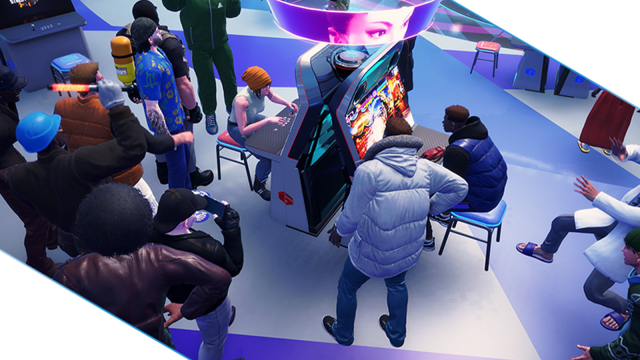
Features like the Fighting Pass, SF6’s rotating battle pass, collaborations with brands like the Teenage Mutant Ninja Turtles, and relaying news about the game through the Battle Hub became extensions that the team “didn’t have in mind when first conceptualizing the game.” And it doesn’t stop there, with the Battle Hub influencing the way Capcom decided to reveal its initial DLC lineup too.
The team made a clear decision to move away from the model most fighting games over the last decade used, opting to reveal all four DLC characters for year one at once to try and promote the game in a way that’s friendlier “from a user perspective.”
Nakayama specifically pointed out that, as players, he and the team would personally prefer to know more about the content they are buying, so they decided to use new methods to build anticipation compared to SFV. This eventually boiled down to the team wanting to show fans which characters they should anticipate, and giving a deep dive into their backgrounds and playstyles.
It seems to be working wonders for SF6, which recently showcased its second DLC fighter A.K.I. for an eventual Sept. 27 release and had the internet questioning their tastes for a solid 24 hours. Now we’re waiting for her release, the Ed showcase, and more collaborations to further flesh out the online world of Street Fighter’s latest entry.


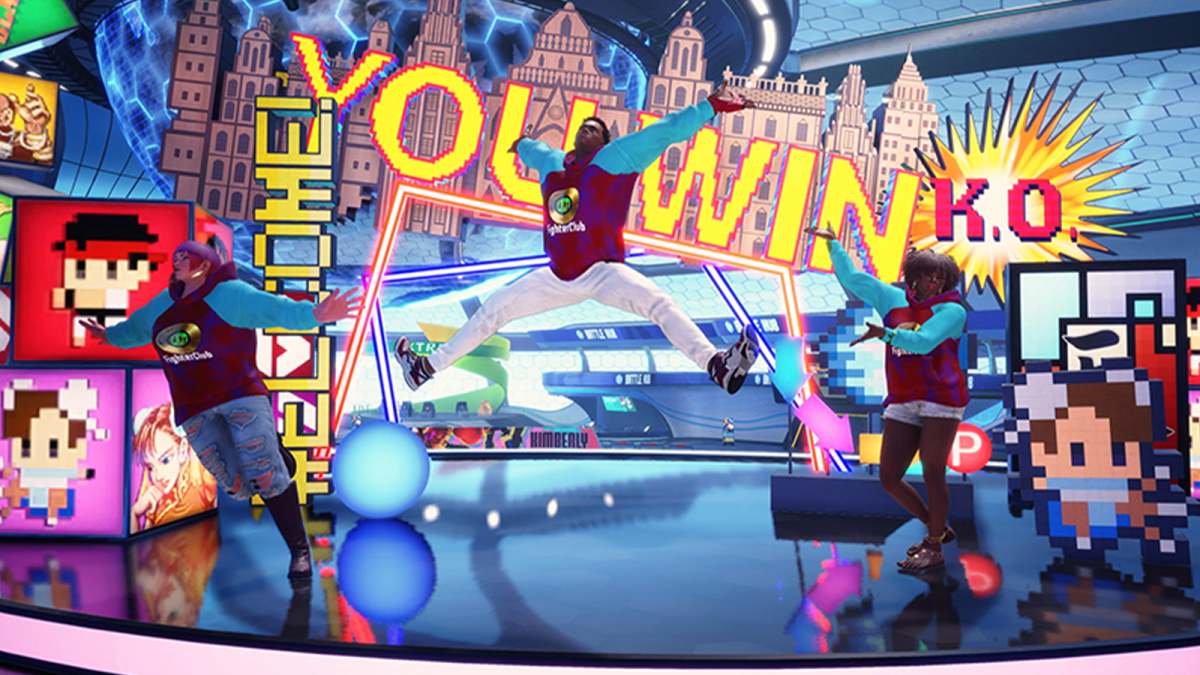

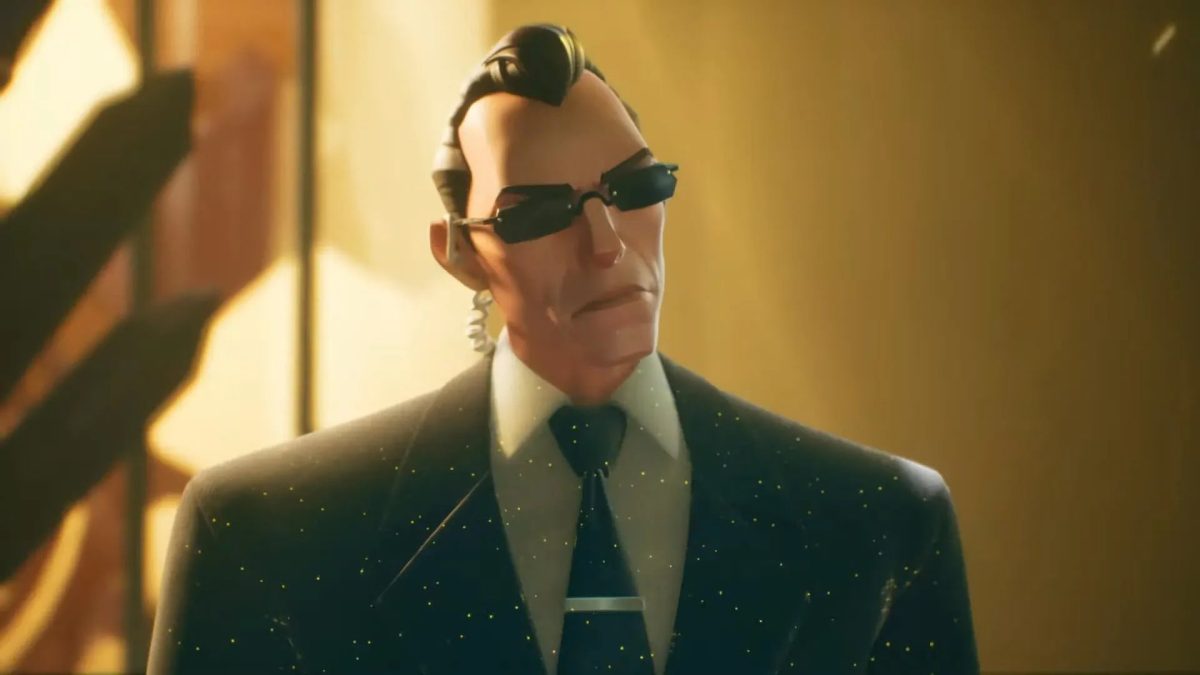
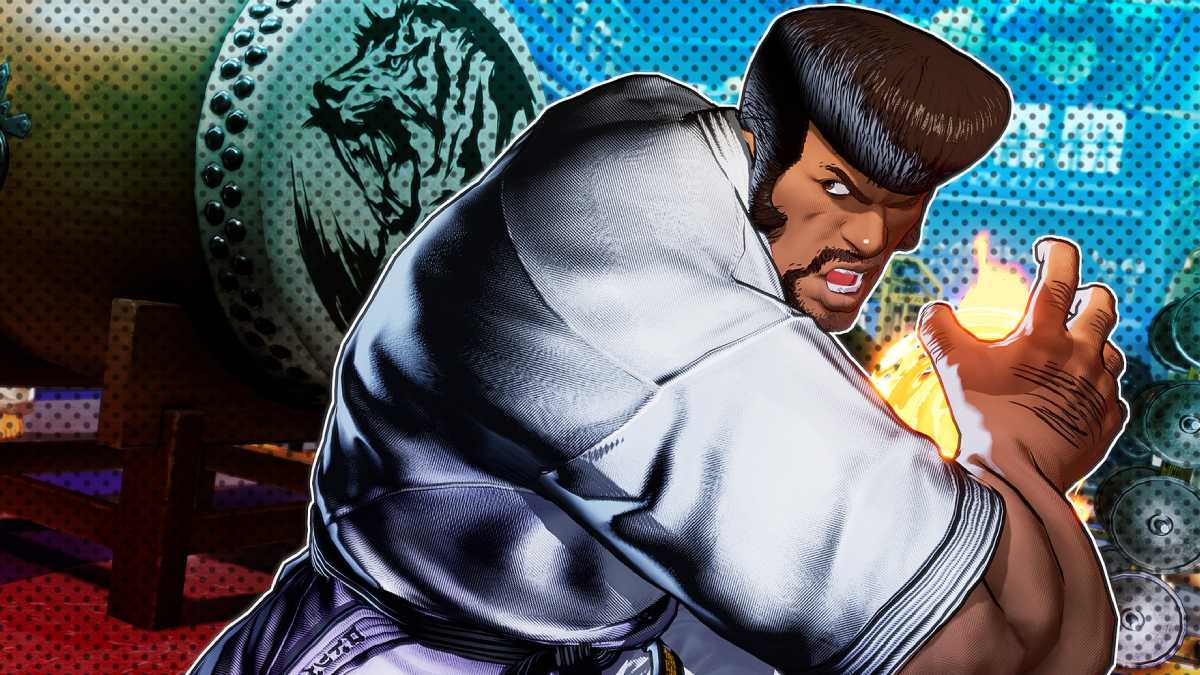
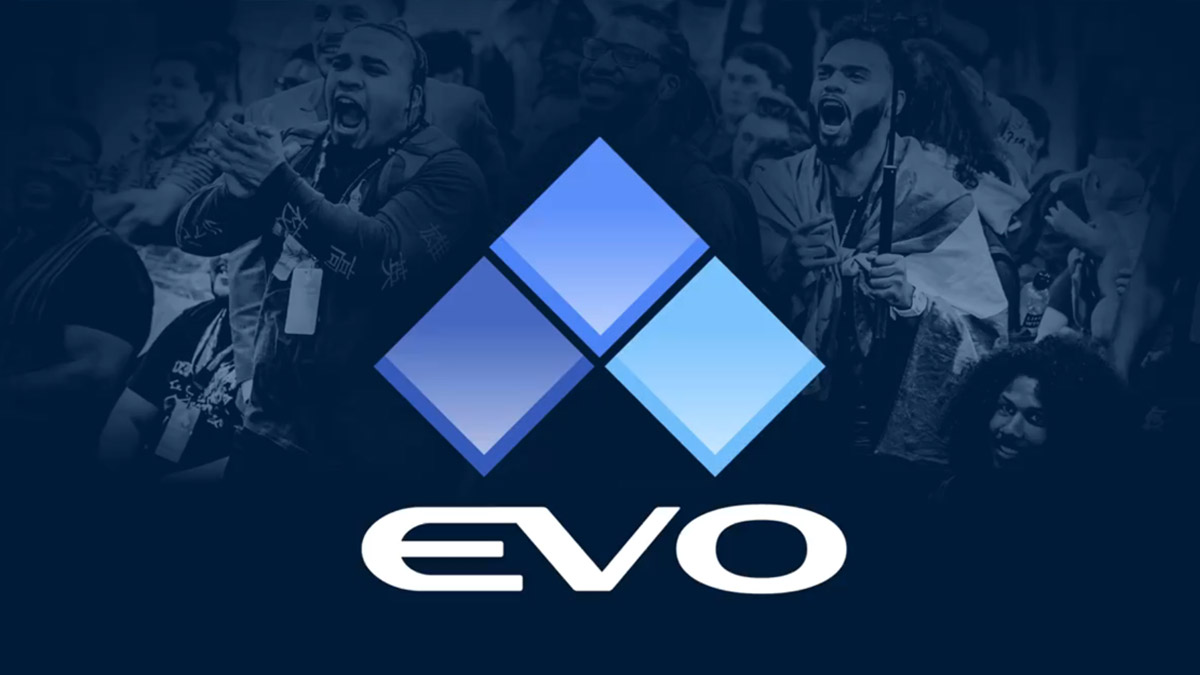

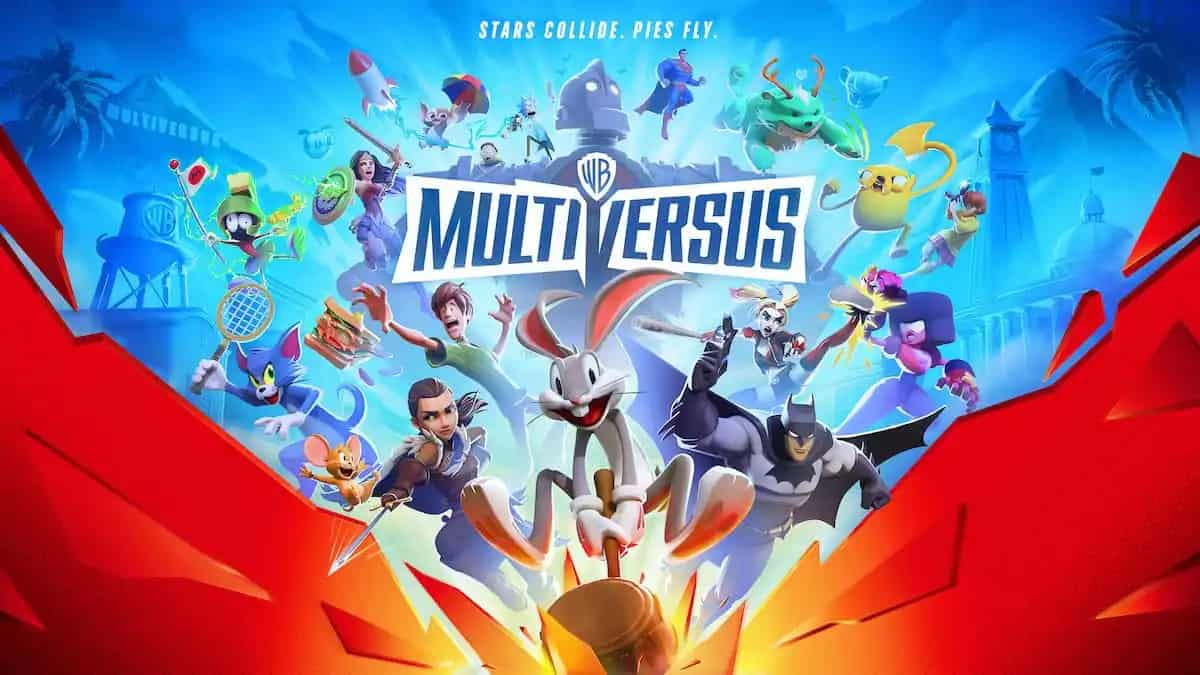
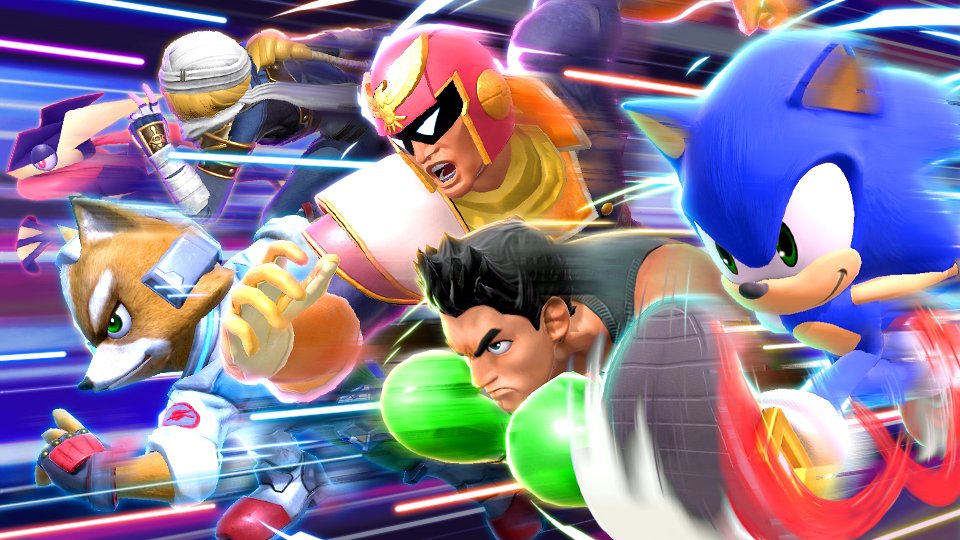
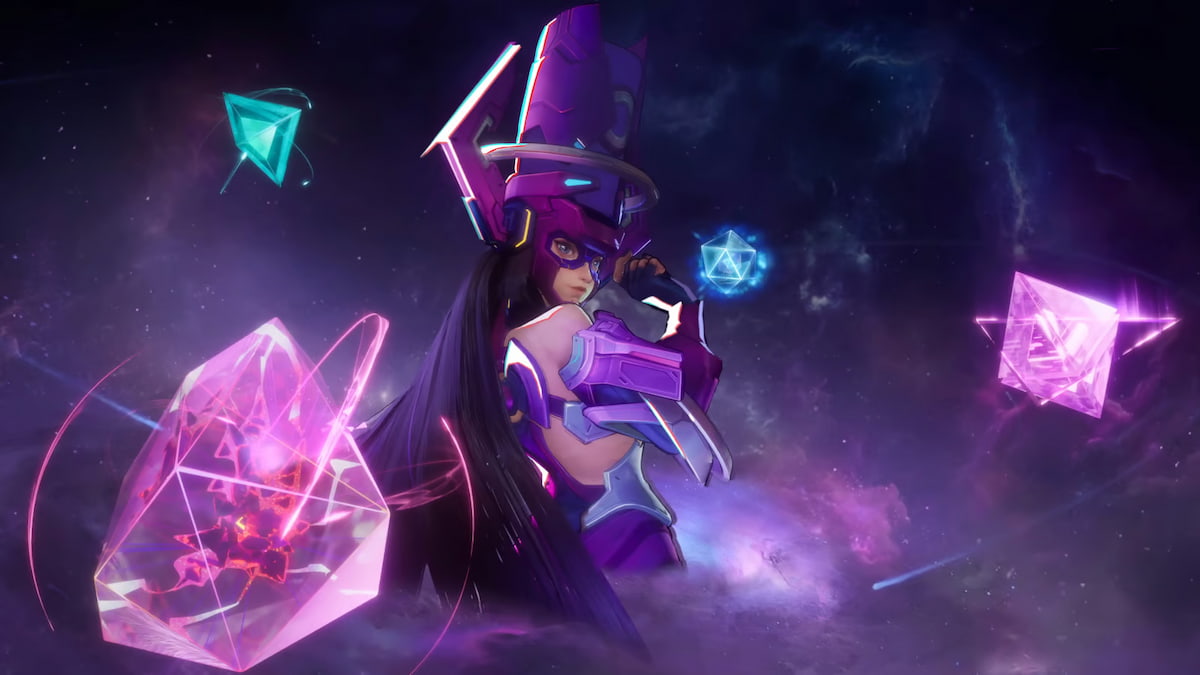

Published: Sep 12, 2023 04:53 am